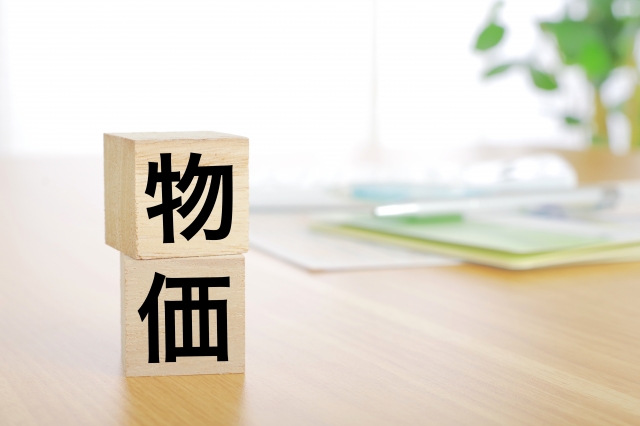Succumb to inflation

Medical welfare is a service industry that is resistant to deflation and recession because the unit price is stable with medical care insurance.
But Japan is headed for inflation, and everything goes up in price.
Two-thirds of the cost is labor costs. This goes up first.
Raising salaries is a good thing, but a deficit won’t last.
Electricity bills also rise by 10 million yen at large facilities.
Ingredients will also go up.
It would be nice if the unit price of medical and long-term care insurance was linked to inflation, but that is not the case.
Like an annuity, isn’t it linked?
Also, the corona loan is going around the cash flow, but eventually you have to pay it back.
You may think that all other industries are the same, but our industry has no freedom in pricing or staffing.
Close to compulsory school.
Private schools can raise tuition fees.
But that is not the case with medical welfare.
There is no choice but to rely on administrative subsidies, but the government will cut down on medical and nursing care in the medical and welfare comprehensive reform next spring due to fiscal expenditure restraint.
In the case of medical care, in cities, it is possible for rich people to pay for medical care at their own expense.
I don’t think there are any dental clinics in the Ginza area that offer insurance treatment.
Medical care is also mostly self-pay.
In the medical field, private corporations have virtually no management discretion.
It was good for all citizens to have uniform and equal services, but from now on, it will be difficult for private businesses to continue.
A declining birthrate and an aging population means a declining birthrate and a small aging population.
The absolute population of elderly people will decrease in the future.
In this industry, too, restructuring is not possible, so in the end, business closures and bankruptcies will manifest in society.
The number of hospitals, clinics, dispensing pharmacies, and nursery schools will also be halved in ten years.
There’s no point in worrying about 10 years from now.
As an industrial change, it is only natural that it will be unavoidable.
Even if the corporation goes bankrupt, the facility will remain.
Even if a manager goes bankrupt, there will be another manager.
What must be protected to the end is the occupation and lifestyle of professional medical and welfare workers.
If it’s to pay a salary, I think it’s okay to expand the range of occupations.
Realtors, builders and insurers are involved in the nursing home business.
In that case, it would be possible for Koyama G to develop construction, design, insurance, and leasing businesses.
Actually, I want to try farming as a care farm.
I have my own rice field, field.
Build a nursing home on the wine farm.
No, nursing homes have wineries and make their own wine.
Already, on the roof of Ginza, we grow potatoes and produce shochu.
As a Ginza bee.
You can do it all yourself.
Self-production, self-consumption.
A self-contained farming village is ideal.
Eventually, a village of medical care and childcare may be born.
In any case, in the future, small and medium-sized businesses will be weeded out, and after consolidation, only large-scale businesses will remain.
All industries will follow the same fate.
In that case, I would like to become a business operator that survives rather than being absorbed.
To secure staff posts.
what will happen to the manager?
At that time, I will already be hospitalized as a patient or entered as a user.
If only I am alive then.
Pulse oximeter 97/99/99
Body temperature 36.6 Blood sugar 200
Immortal Manager
CEO, Yasunari Koyama
